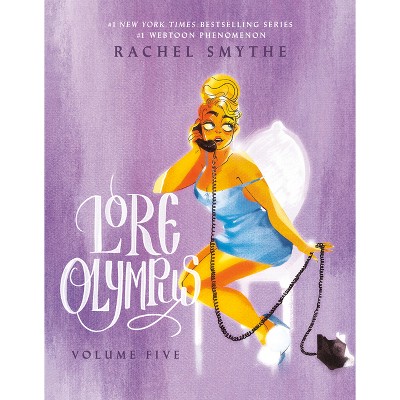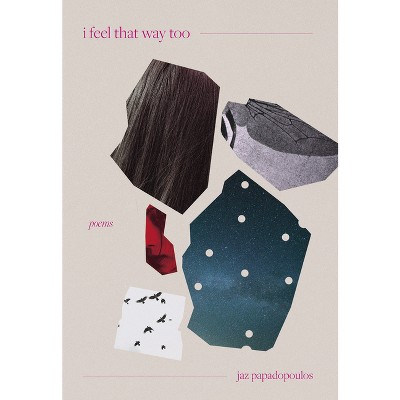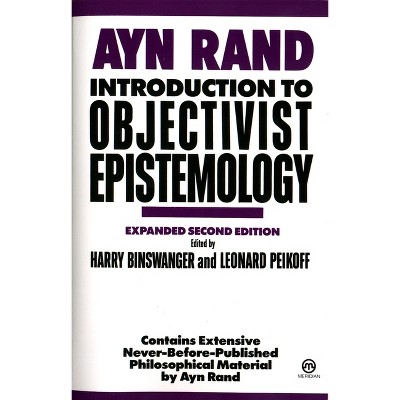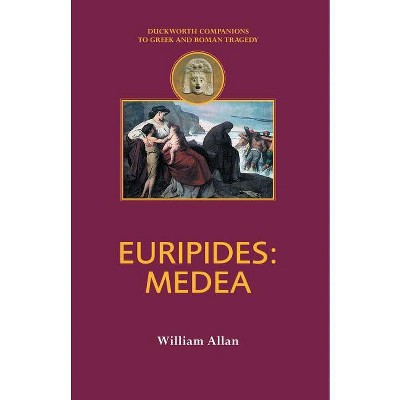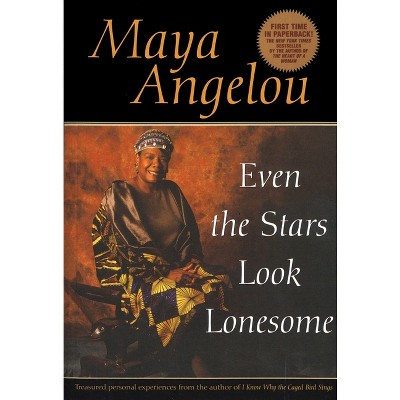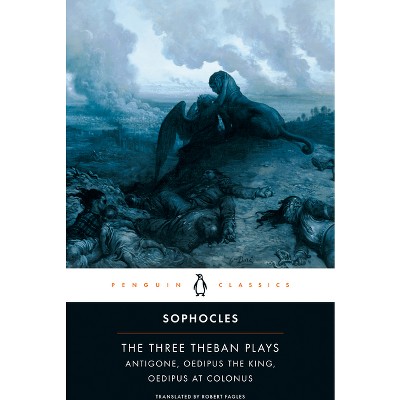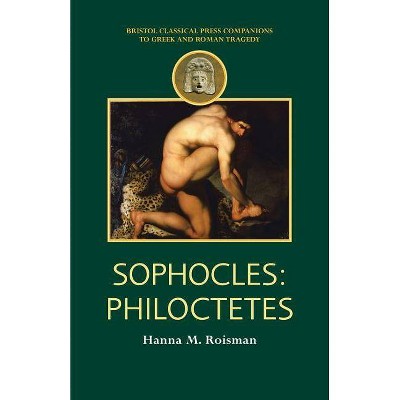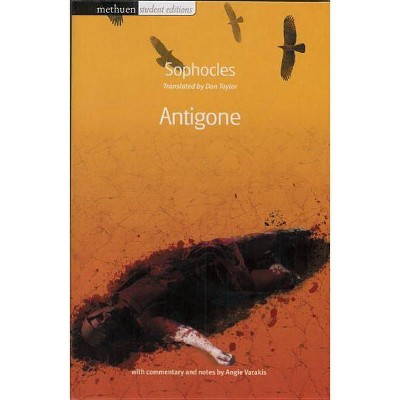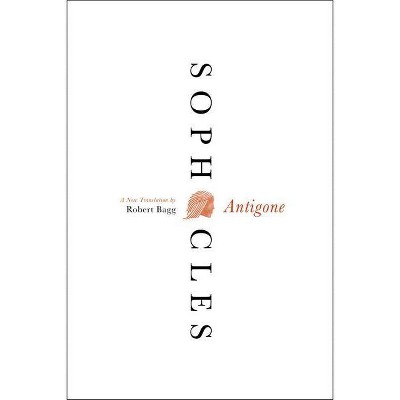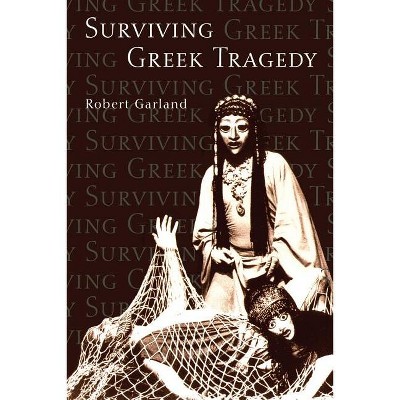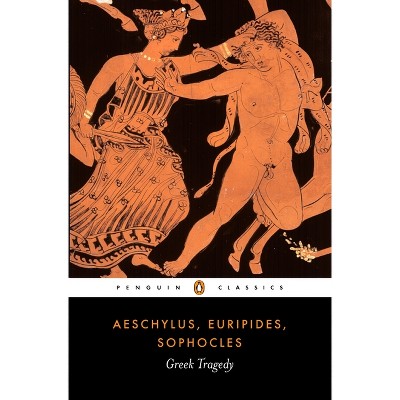Sponsored

Sophocles: Antigone - (Companions to Greek and Roman Tragedy) by Douglas Cairns (Paperback)
In Stock
Sponsored
About this item
Highlights
- Antigone is Sophocles' masterpiece, a seminal influence on a wide range of theatrical, literary, and intellectual traditions.
- About the Author: Douglas Cairns is Professor of Classics at the University of Edinburgh, UK.
- 256 Pages
- Literary Criticism, Ancient & Classical
- Series Name: Companions to Greek and Roman Tragedy
Description
Book Synopsis
Antigone is Sophocles' masterpiece, a seminal influence on a wide range of theatrical, literary, and intellectual traditions. This volume sets the play in the contexts of its mythical background, its performance, its relation to contemporary culture and thought, and its rich reception history. But its main aim is to encourage first-hand engagement with the complexities of interpretation that make the play so enduringly thought-provoking and rewarding. Though Creon's actions prove disastrous and Antigone's are vindicated, the Antigone is no simple study in the excesses of tyranny or the virtues of heroic resistance, but a more nuanced exploration of conflicting views of right and wrong and of the conditions that constrain human beings' efforts to control their destinies and secure their happiness.
The book's chapters consider the extent of the original audience's acquaintance with earlier versions of the legends of Antigone's family, the structure of the plot as it unfolds in theatrical performance, the presentation of the characters and the motivations that drive them, the major political, social, and ethical themes that the play raises, and the resonance of those themes in the ways that the play has been interpreted, adapted, performed, and appropriated in later periods.Review Quotes
"New readers will especially appreciate this digestible introduction to Antigone, but Cairns approaches the play from directions which stimulate familiar readers as well. The brief, 154-page volume (excluding notes) is a manageable assignment to undergraduates. Cairns points the audience forward through involved debates: his emphasis on Sophocles' intentional ambiguity is salutary, and he sensibly relates Creon and Antigone as dual protagonists. Cairn's explanation of the play and its performance (Chapter 1) is concise and thorough." --Religious Studies Review
"Sophocles' Antigone asks fundamental questions about human behaviour and society, ranging from the scope and effect of political power to the desire of men to dominate women. The continuing relevance of these issues makes it perhaps the most frequently produced and adapted Greek tragedy of the modern era. Therefore, to present the play's complexity and influence in a stimulating and accessible way, as Douglas Cairns has done, is a remarkable achievement. This book is an outstanding study of the Antigone, rich in profound and thought-provoking ideas, and the ideal introduction to one of the world's great dramas." --William Allan, Fellow and Tutor in Classics, University College, Oxford, UK "This new introduction to Sophocles' Antigone, by an internationally renowned interpreter of ancient Greek culture, offers students and scholars alike fascinating insights into this classic play and its impact on subsequent literature." --Patrick Finglass, Professor of Classics, University of Nottingham, UKAbout the Author
Douglas Cairns is Professor of Classics at the University of Edinburgh, UK.Shipping details
Return details
Frequently bought together
